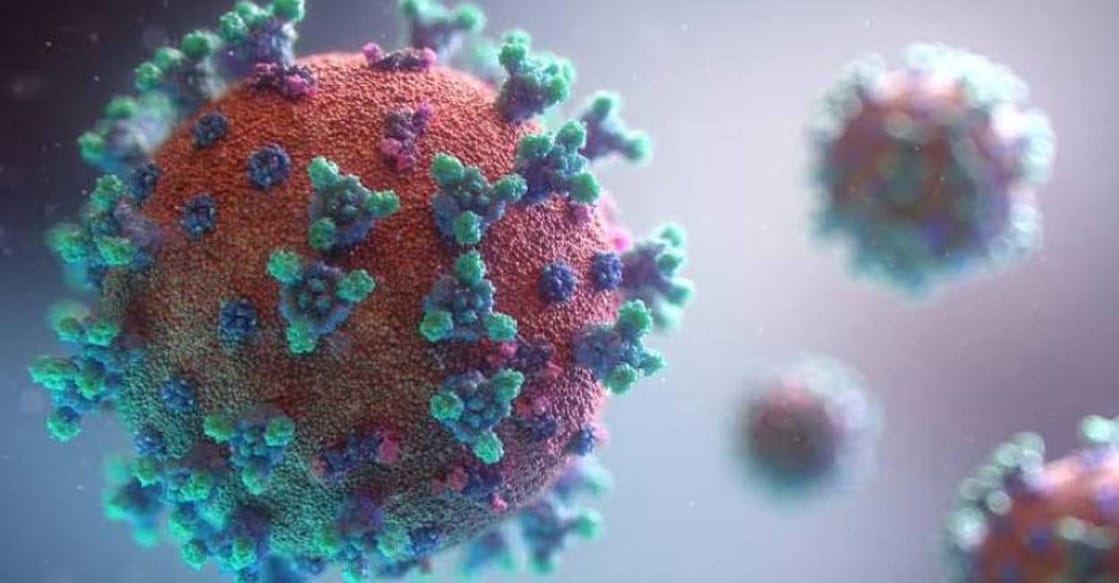COVID-19: Here are the three likely scenarios if a third wave strikes

Mail This Article
New Delhi: The expert committee under the Department of Science and Technology (DST) has evaluated three main situations that the country might face during the onset of the third wave of COVID-19.
The spread of the pandemic during its third wave would be less if the mutant variant does not turn dangerous, the committee estimates.
The three possible scenarios identified by the committee are:
1) Life returns to normal by August and there are no new variants. In such a scenario the third wave will pass off without much increase in the number of new COVID-19 cases.
2) Even with return of normal life and no new mutant variant, the cases of COVID-19 can be brought down by 20 per cent through vaccination. If this happens the possibility of a spread of the scale that was witnessed during the second wave recently would be less.
3) The variant takes a turn for the worse. The third wave could become more dangerous with the new variant having 25 percent more capacity of spreading the infection.
The new mutant variant has to be less lethal to reduce the intensity of the third wave, Mahindra Aggarwal expert committee member of the DST and IIT Kanpur faculty, stated.
The scientists of the Indian Council of Medical Research (ICMR) have evaluated that the Delta-plus variant of the coronvirus was not as dangerous as the Delta variant which wreaked havoc during the second wave.
Fourth wave
The experts have pointed out that the possibility of fourth wave can be reduced depending on how effective vaccination is carried out. The best example for this model is the United Kingdom. The UK which reported 60,000 cases and 1200 deaths daily in January, now has only 21,000 cases and 14 deaths in the fourth wave.

